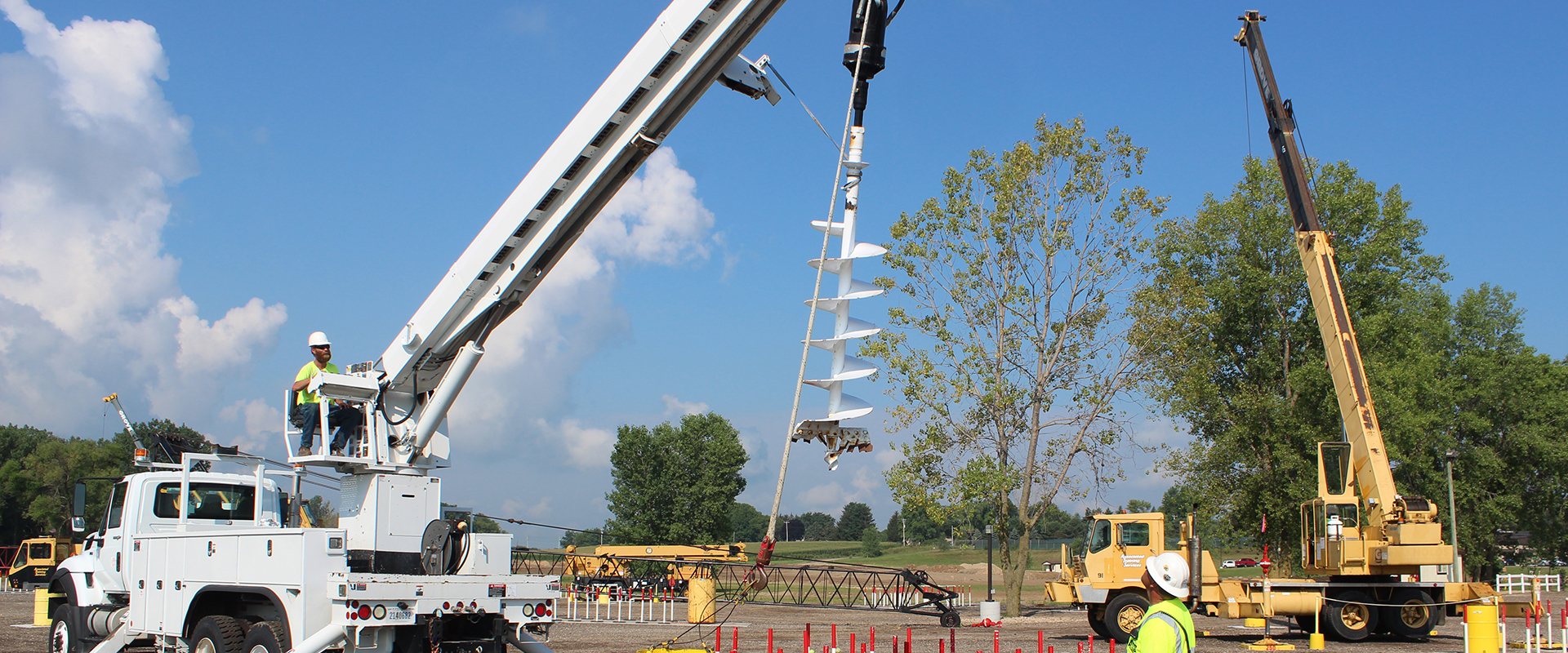In industries where heavy equipment is utilized, safety is paramount. Digger derricks, versatile machines used for various tasks such as digging holes, lifting materials, and setting poles, are essential in construction, utility work, and telecommunications. However, operating such equipment requires specialized skills and knowledge to ensure the safety of both operators and those around them. Digger derrick certification plays a crucial role in ensuring that operators are trained, competent, and capable of safely operating these powerful machines. In this article, we’ll explore the importance of digger derrick certification the training process involved, and why it’s essential for individuals working in industries where these machines are utilized.
Understanding Digger Derricks:
Before delving into certification, it’s essential to understand what digger derricks are and their significance in various industries. Digger derricks are powerful pieces of equipment equipped with a hydraulic system, a boom, and an auger or crane. They are primarily used for digging holes, lifting heavy materials, and setting utility poles, making them invaluable in industries such as construction, utility maintenance, telecommunications, and more. However, due to their size, complexity, and the tasks they perform, operating digger derricks requires specialized training and expertise.
The Importance of Digger Derrick Certification:
The primary reason for digger derrick certification is safety. Operating these machines requires specialized skills and knowledge to prevent accidents, injuries, and damage to property. Certified operators are trained to identify hazards, operate equipment safely, and respond appropriately in emergency situations, reducing the risk of accidents and ensuring the safety of everyone on the job site. Many regulatory bodies, including OSHA (Occupational Safety and Health Administration) and ANSI (American National Standards Institute), require operators of digger derricks to be certified. Compliance with these regulations is essential for businesses to avoid fines, penalties, and legal liabilities.
The Certification Process
Operators undergo comprehensive training that covers the safe operation of digger derricks, including pre-operation inspections, equipment controls, safe work practices, emergency procedures, and more. Training may be provided by accredited training programs, equipment manufacturers, or specialized training schools.Upon completing the training program, operators are required to pass a written examination to assess their knowledge of digger derrick operation, safety procedures, and relevant regulations. The examination may be administered by a third-party certification organization or the employer.In addition to the written examination, operators must demonstrate their proficiency in operating a digger derrick through a practical assessment. This assessment typically involves performing various tasks and maneuvers under the supervision of a qualified instructor or evaluator.
Conclusion
Digger derrick certification is not merely a bureaucratic requirement but a crucial investment in the well-being of workers and the success of businesses in industries reliant on these powerful machines. Through rigorous training and evaluation, operators gain the expertise necessary to handle complex machinery safely and effectively, mitigating the potential for accidents and injuries on worksites.
Moreover, certification instills a sense of professionalism and accountability among operators, as they understand the importance of adhering to established safety protocols and industry standards. This dedication to excellence not only safeguards personnel and equipment but also enhances the overall efficiency and productivity of operations.
In addition to the direct benefits for operators and employers, digger derrick certification contributes to broader societal goals, such as environmental protection and community safety. Certified operators are better equipped to minimize environmental impact and mitigate potential hazards, thereby fostering sustainable practices and reducing the likelihood of incidents that could endanger surrounding communities.
Furthermore, in an increasingly competitive market, certification can serve as a distinguishing factor for businesses seeking to differentiate themselves and attract clients who prioritize safety and quality assurance. By investing in certified operators, companies demonstrate their commitment to delivering superior service while minimizing operational risks and liabilities.
In conclusion, digger derrick certification is not only a mark of proficiency but also a cornerstone of responsible business practices in industries reliant on these specialized machines. Through ongoing training and certification programs, stakeholders can ensure that operators possess the skills and knowledge necessary to operate digger derricks safely, thereby protecting lives, property, and the environment while driving success and innovation in their respective fields.




